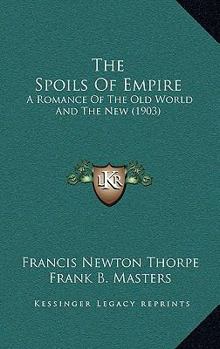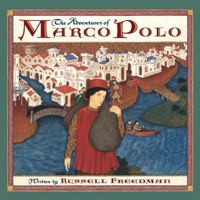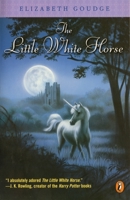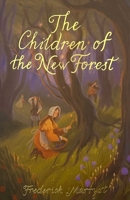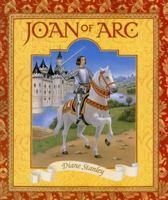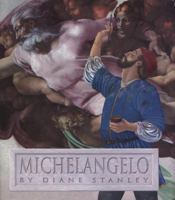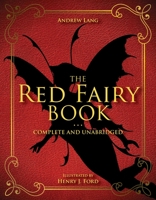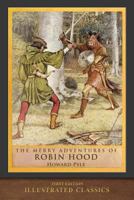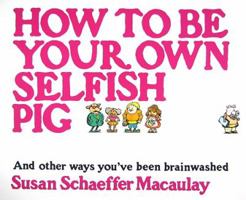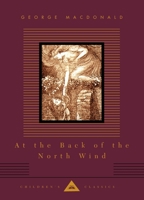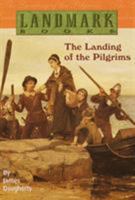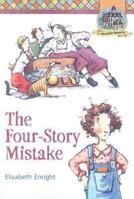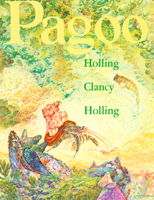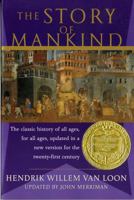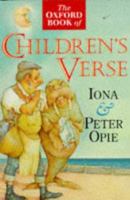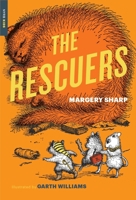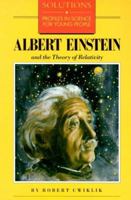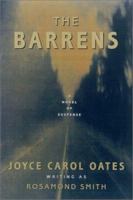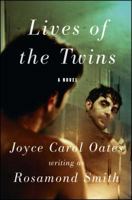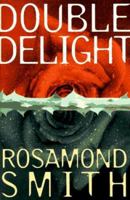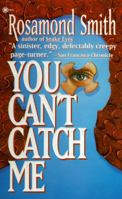The Spoils of Empire: A Romance of the Old World and the New
Select Format
Select Condition 
You Might Also Enjoy
Book Overview
The Spoils of Empire: A Romance of the Old World and the New is a novel written by Francis Newton Thorpe and published in 1903. The book tells the story of two young men, one from England and the other from America, who meet in Paris and become fast friends. They both fall in love with the same woman, a beautiful French actress, and their friendship is put to the test.The novel is set in the late 19th century and explores themes of love, loyalty, and the clash of cultures between Europe and America. The characters are well-drawn and the plot is engaging, with plenty of twists and turns to keep the reader hooked.The Spoils of Empire is also notable for its historical context, as it takes place during a time of great change and upheaval in both Europe and America. The novel touches on issues such as imperialism, nationalism, and the rise of industry and capitalism.Overall, The Spoils of Empire is a well-written and entertaining novel that offers a fascinating glimpse into the world of the late 19th century. It is a must-read for anyone interested in history, romance, or simply a good story.This scarce antiquarian book is a facsimile reprint of the old original and may contain some imperfections such as library marks and notations. Because we believe this work is culturally important, we have made it available as part of our commitment for protecting, preserving, and promoting the world's literature in affordable, high quality, modern editions, that are true to their original work.
Format:Hardcover
Language:English
ISBN:0743294602
ISBN13:9780743294607
Release Date:March 2007
Publisher:Simon & Schuster
Length:323 Pages
Weight:1.35 lbs.
Dimensions:1.2" x 6.4" x 9.4"
More by Rosamond Smith
Customer Reviews
7 customer ratings | 5 reviews
Rated 5 starsImpressively Good
By Thriftbooks.com User,
This is a short book - a series of vignettes which can be savored individually or read in one sitting - about contemporary London at night. It isn't a blockbuster, but that doesn't mean it's not worth the money. Each essay is perfectly written, spare, not a single note wrong. Like a still life, Night Haunts is masterful not for the drama of its content, but because it so perfectly captures the sense of an experience.
0Report











